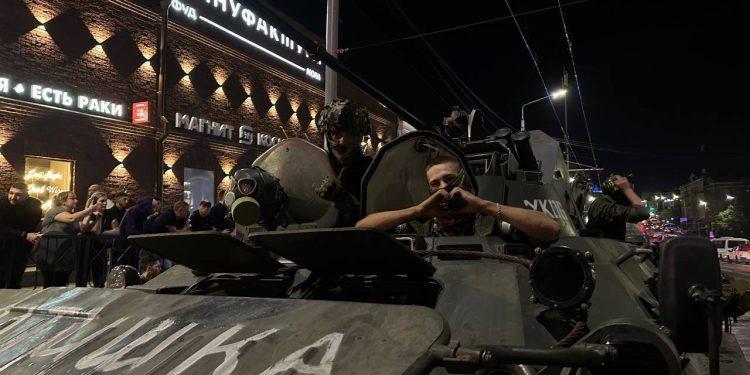Russia’s Wagner Group, a paramilitary organization, is encountering escalating challenges in its African operations. The group’s activities, particularly in Mali and Sudan, are drawing attention and responses from local groups and international actors, signaling a complex and potentially escalating scenario.
In Mali, Wagner Group’s influence over the Malian army has put it in direct conflict with both Tuareg separatists and Islamist groups. Recent actions, including the capture of the town of Kidal and violations of the Algiers Agreement, have raised tensions. The group’s operations, which heavily target civilians, have been ineffective against the al-Qaeda affiliated Jama’at Nusrat al-Islam wal-Muslimin (JNIM) and have met with resistance from Islamic State Sahel province.
JNIM’s leader, Iyad Ag Ghaly, has publicly denounced the Wagner Group, characterizing it as a force with no values and bad behavior, and positioning himself as a defender of civilians. The group’s activities in Mali, which include introducing booby-trapping for the first time, have led to heightened conflict and civilian casualties.
In Sudan, the situation is equally complex. Russian forces, allegedly from the Wagner Group, have been supporting the Rapid Support Forces faction. There have been unconfirmed reports of Ukrainian special forces’ involvement, including drone strikes and sniper actions against Wagner and allied forces. This international dimension adds a layer of complexity and suggests a broadening scope of the conflict between Russia and Ukraine.
The World Bank has raised concerns about the impact of these conflicts on food security in Sub-Saharan Africa. The bank’s report highlights the risks posed by political instability, violence, and disruptions in global trade, especially in the Middle East, to countries like Nigeria and others in the region. Increased oil prices, transportation costs, and disrupted supply chains could exacerbate food insecurity and malnutrition rates in these countries.
The Russian state’s continued support for military missions in Africa indicates a shift towards more direct involvement, replacing the previously deniable operations of the Wagner Group. This change in strategy suggests that every military or special operations fighter deployed in Africa will detract from Russia’s involvement in Ukraine, highlighting the interconnected nature of these conflicts.
The challenges faced by Russian expeditionary operations in Africa, including securing payment for their activities and balancing commitments with the ongoing conflict in Ukraine, indicate a precarious position for the Kremlin’s African ambitions.



























